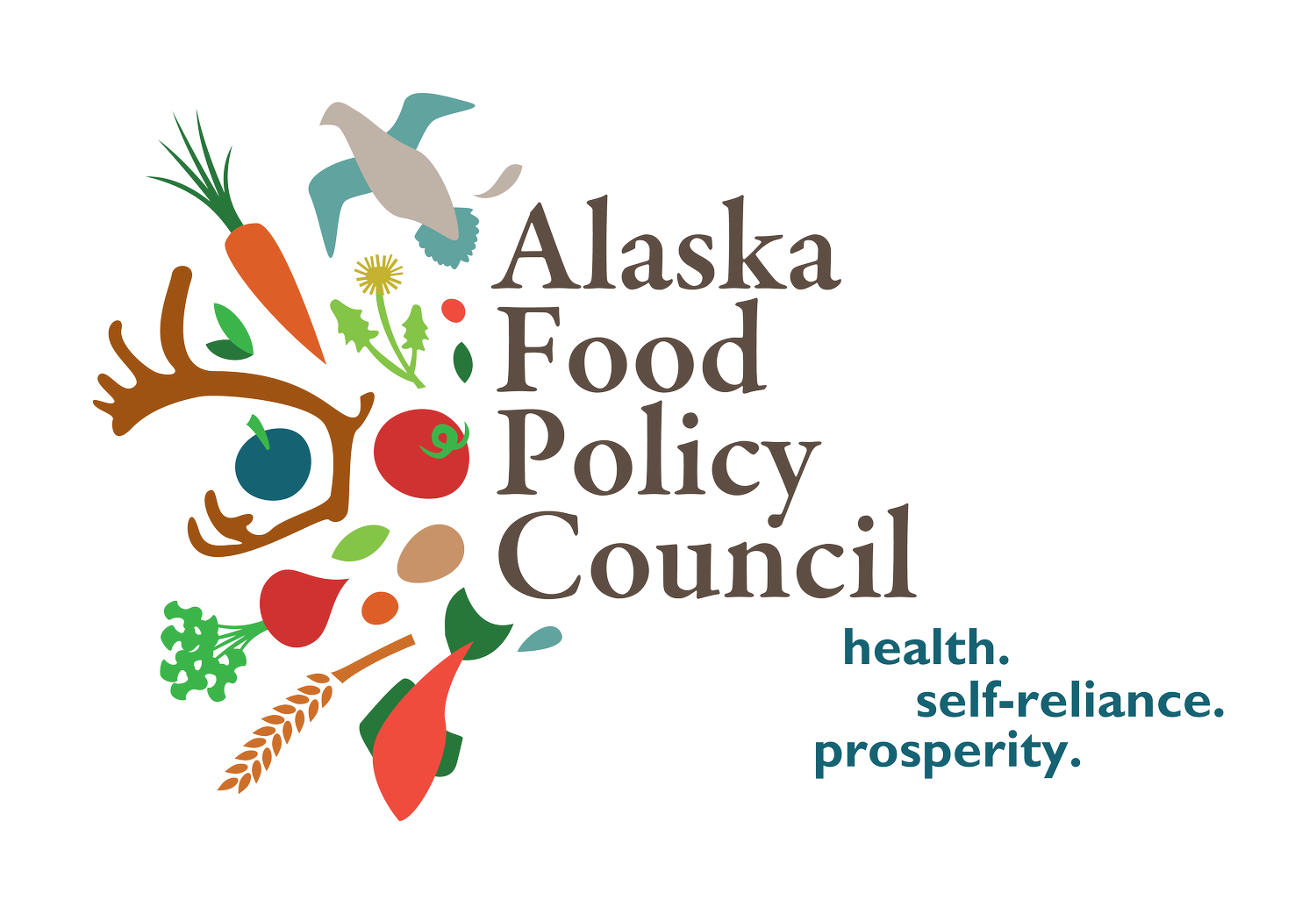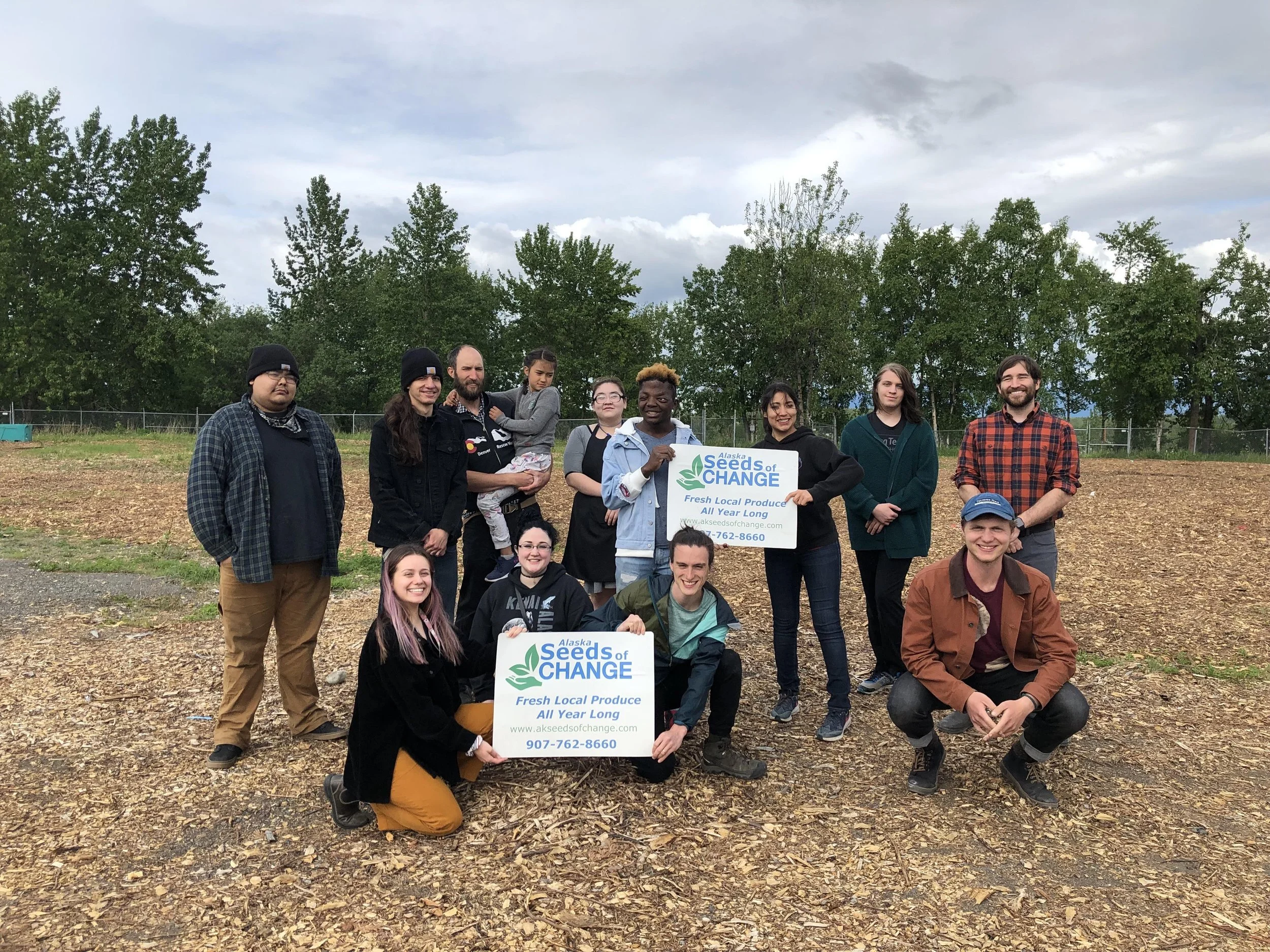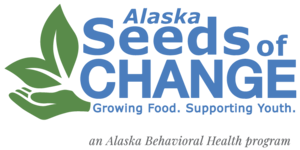GUEST BLOG by
Sam Alexander, Alaska Seeds of Change
Formed of a collaboration between the Alaska Food Policy Council, the city of Anchorage, Alaska Seeds of Change, and community advocates, the one-acre urban farm would revamp the former site of the Alaska Native Hospital. Since its conception in 2018, the farm has intended to increase food access in some of Anchorage’s least food secure neighborhoods, provide workforce development opportunities to youth in the community, and demonstrate the possibilities for sustainable agriculture in northern climates. While the project may take longer to get off the ground, the need for a project like this has never been greater, and partners are continuing to work to get the farm up and running.
Alaska currently has one of the lowest high school graduation rates, one of the highest unemployment rates, and the highest rate of “disconnected youth” in the nation. Stickleback Farm will build off of the work currently done to break patterns of disinvestment that affect our community. By revitalizing the empty lot and empowering youth, the project would re-build those community connections. Ericka Marcum, one of the youth staff at Alaska Seeds of Change, sees the potential benefits of this type of project:
“I’m excited to have more room to grow...It’ll also be cool to get more community involvement and be able to interact with other people who have similar goals. And it’ll be downtown so more people will be able to see what we’re doing.”
Ericka and other Seeds team members have already seen the benefits of growing food: youth learn more about horticulture, bring home more fresh produce, gain new job skills, and connect with other community members interested in agriculture. The program also provides opportunities for youth to take what they learn home with them. Several of the youth participating in current outdoor programs who started the season with little knowledge of gardening learned to grow food at home and become more self-sufficient. By the end of the season, team members were taking home produce they couldn’t identify a few months earlier.
Project partners continue to work on securing funding and developing a sustainability plan for site maintenance and welcome potential partners and funding opportunities. Work has already begun on-site, including a containerized orchard and a soil building project, and the team is confident that there will be more developments throughout 2022. In the meantime, these uncertain times have highlighted the need for local food heroes to continue educating and advocating for local food in our community and empowering youth in our community to do the same.






